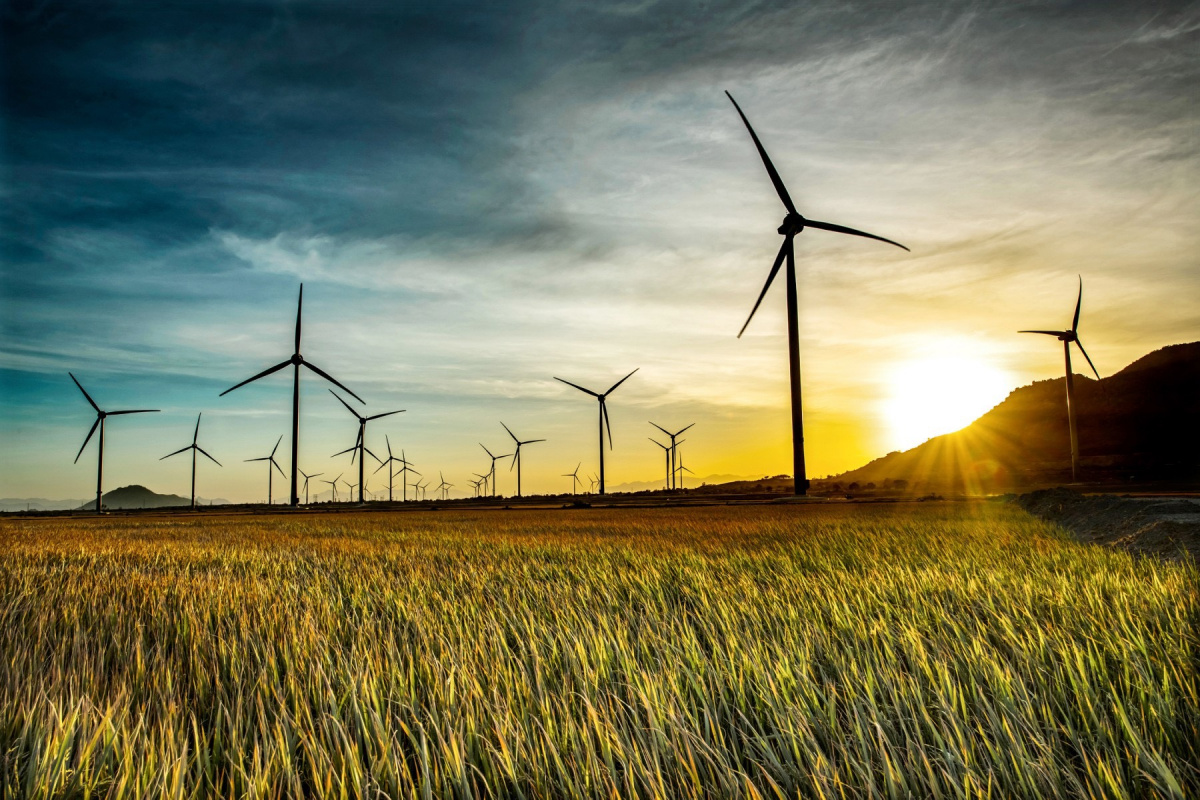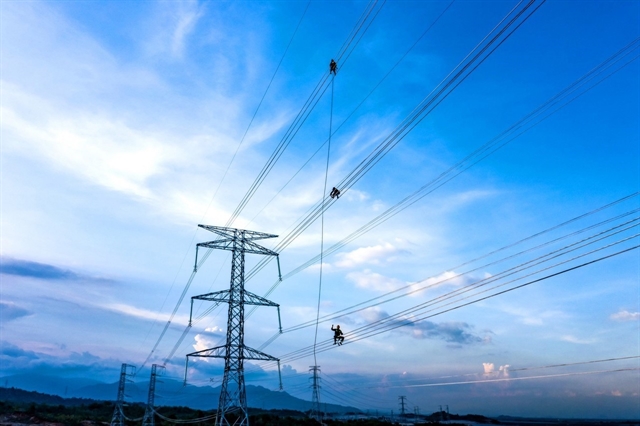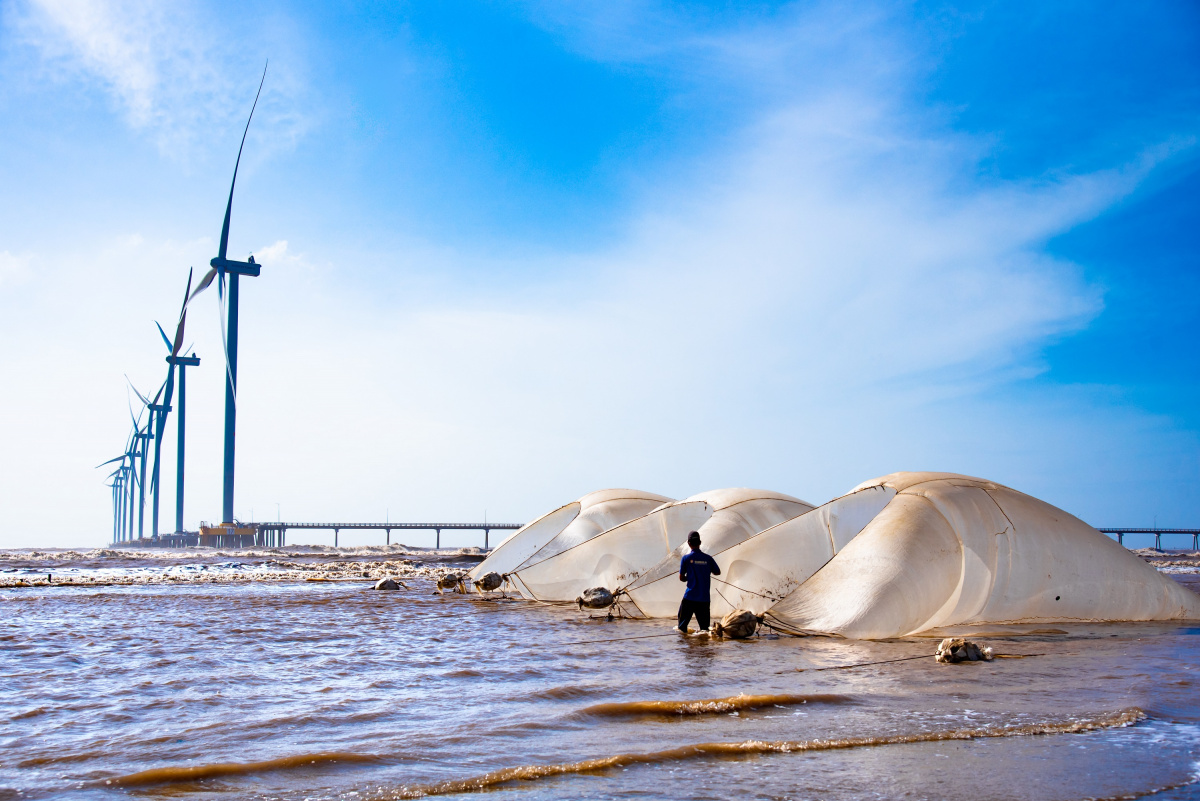Empowering local communities to raise awareness about climate change through citizen journalism
IUCN and Thai Public Broadcasting Service (PBS) recently joined hands to organise a citizen journalism ‘Training of Trainers’ workshop for media representatives from Cambodia, Lao PDR, Thailand, and Viet Nam.

Photo: Thai PBS
The workshop, which was held in Bang Pakong, Thailand from 21 to 24 June 2019, was organised as part of the Mekong WET: Building Resilience of Wetlands in the Lower Mekong Region through a Ramsar Regional Initiative. Currently being implemented in Cambodia, Lao PDR, Thailand and Viet Nam, the Mekong WET project aims to build climate resilience by harnessing the benefits of wetlands.
“Local communities are our eyes and ears on the ground. It is important that we give them platforms and opportunities to talk about issues affecting their communities,” said Ann Moey, Head of Communications, IUCN Asia. “For the Mekong WET project, we introduced citizen journalism to empower local communities to raise awareness about the impact of climate change on wetlands and people.”
A total of 11 media representatives and five IUCN staff members participated in the ‘Training of Trainers’ workshop.
The workshop kicked-off with Pipope Panitchpakdi, Deputy Director of Thai PBS introducing mobile journalism and the critical role it plays in environmental citizen journalism.
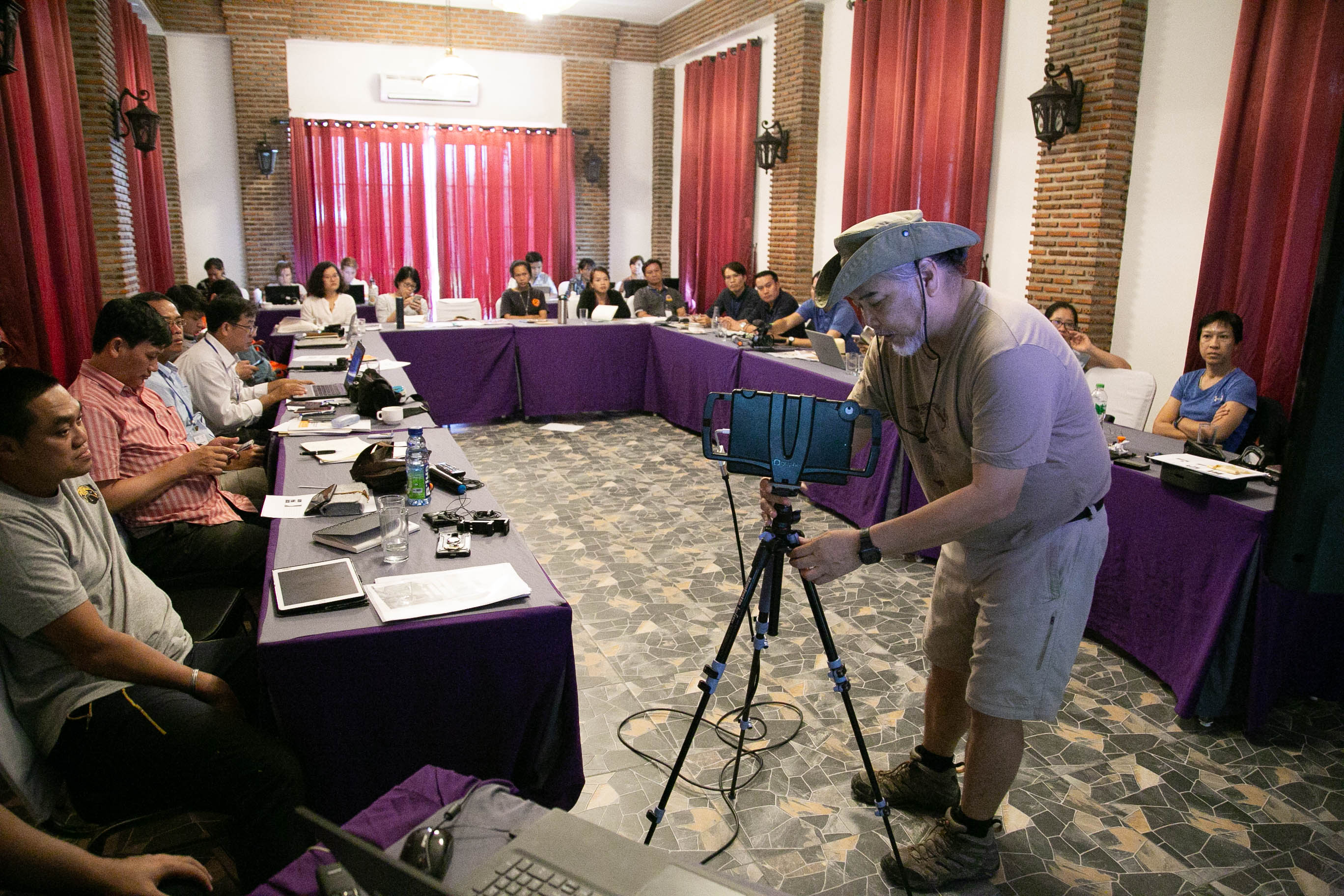 Photo: Thai PBS
Photo: Thai PBS
“Mobile journalism gives us the ability to access primary sources of information through platforms such as social media. Information no longer needs to be conveyed by professional journalists,’’ said Panitchpakdi.
Mekong WET Programme Officer, Kathryn Bimson provided an overview of the Mekong WET project and Ann Moey introduced the citizen journalism component of the project. Somkiat Juntursima, Director of Public Media Network Department, Thai PBS presented some examples of good citizen journalism reports produced by citizen journalists in Thailand.
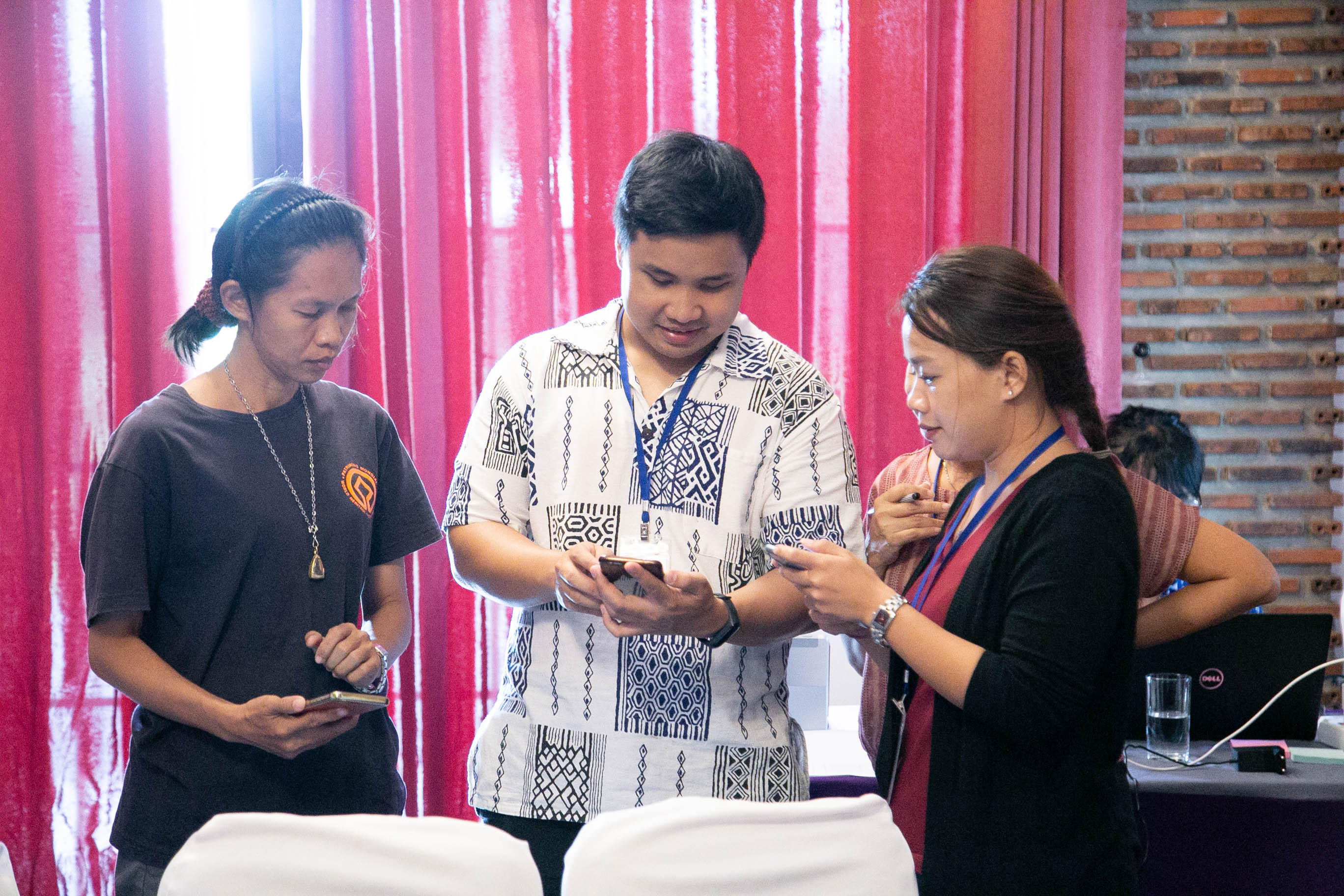 Photo: Thai PBS
Photo: Thai PBS
On the second day of the workshop, Kanis Boonyapanich, News Editor, Investigative Desk, Thai PBS gave participants an overview of the key elements of environmental storytelling and its importance for citizen journalists. Panitchpakdi also shared his experience in training Thai communities in citizen journalism.
“It is important to explain to local people that they do not need expensive equipment to become good citizen journalists. Most of our award-winning reports were produced by communities themselves. I believe that citizen journalism is the future of journalism,’’ shared Panitchpakdi.
Following this, the importance of incorporating community context in citizen journalism was highlighted by Jittima Bansang, Senior Specialist of Strategy News Planning, Thai PBS, “Every country is different. Citizen journalism should be adapted to the national context for greater results.’’ explained Bansang.
On the third day of the workshop, participants were separated into three groups and visited three Mekong WET field sites: Baan Koh Klang, Baan Klong Koen and Ta Rua Subdistrict Communities. At the sites, they had the opportunity to apply what they had learned over the course of the training. Using just mobile phones, the media representatives produced, shot and edited video reports.
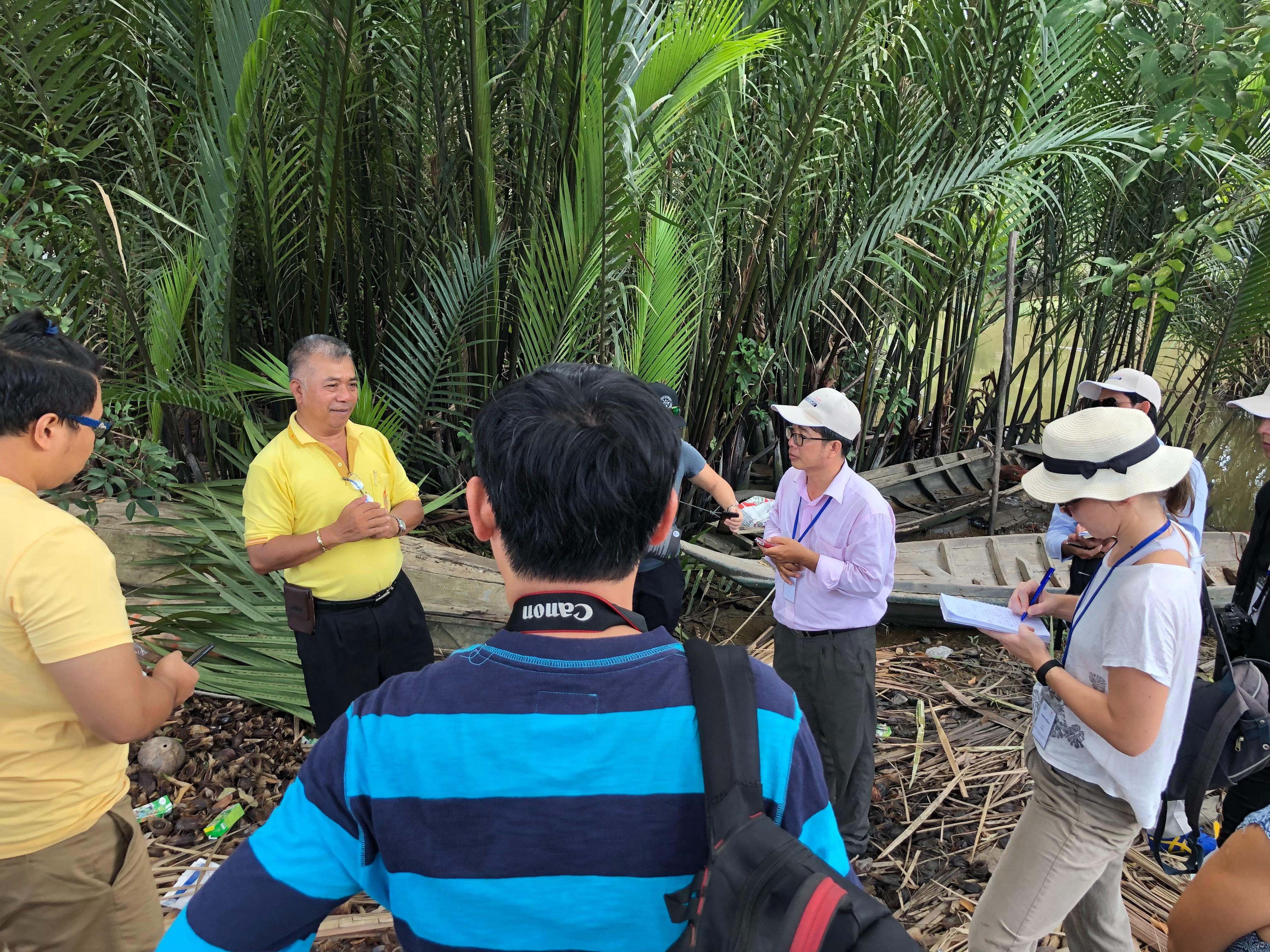 Photo: Thai PBS
Photo: Thai PBS
The media reports were showcased on the last day of the workshop and everyone had the opportunity to provide their feedback.
“Through citizen journalism, local communities are given a voice. That is why I think it is important to introduce citizen journalism to local communities in the region,’’ said Ho Vinh Phu, environmental journalist for Vietnam’s VTV2 channel.
In the next two months, the media representatives will be conducting citizen journalism trainings for local communities in their respective countries.
Please see below a video report about the workshop produced by the IUCN Asia communications team using only a mobile phone.
Funded by the International Climate Initiative (IKI) of the German Federal Ministry for the Environment, Nature Conservation, Building and Nuclear Safety (BMUB), and to be implemented until 2020, the “Mekong WET: Building Resilience of Wetlands in the Lower Mekong Region” project aims to build climate resilience by harnessing the benefits of wetlands in Cambodia, Lao PDR, Thailand, and Viet Nam. Mekong WET will help these countries to address their commitments to the Ramsar Convention, an international treaty for the conservation and sustainable use of wetlands, and to achieve the Aichi Biodiversity Targets. The project is also supporting the IBRRI and the implementation of the IBRRI strategic plan 2019-2024.
